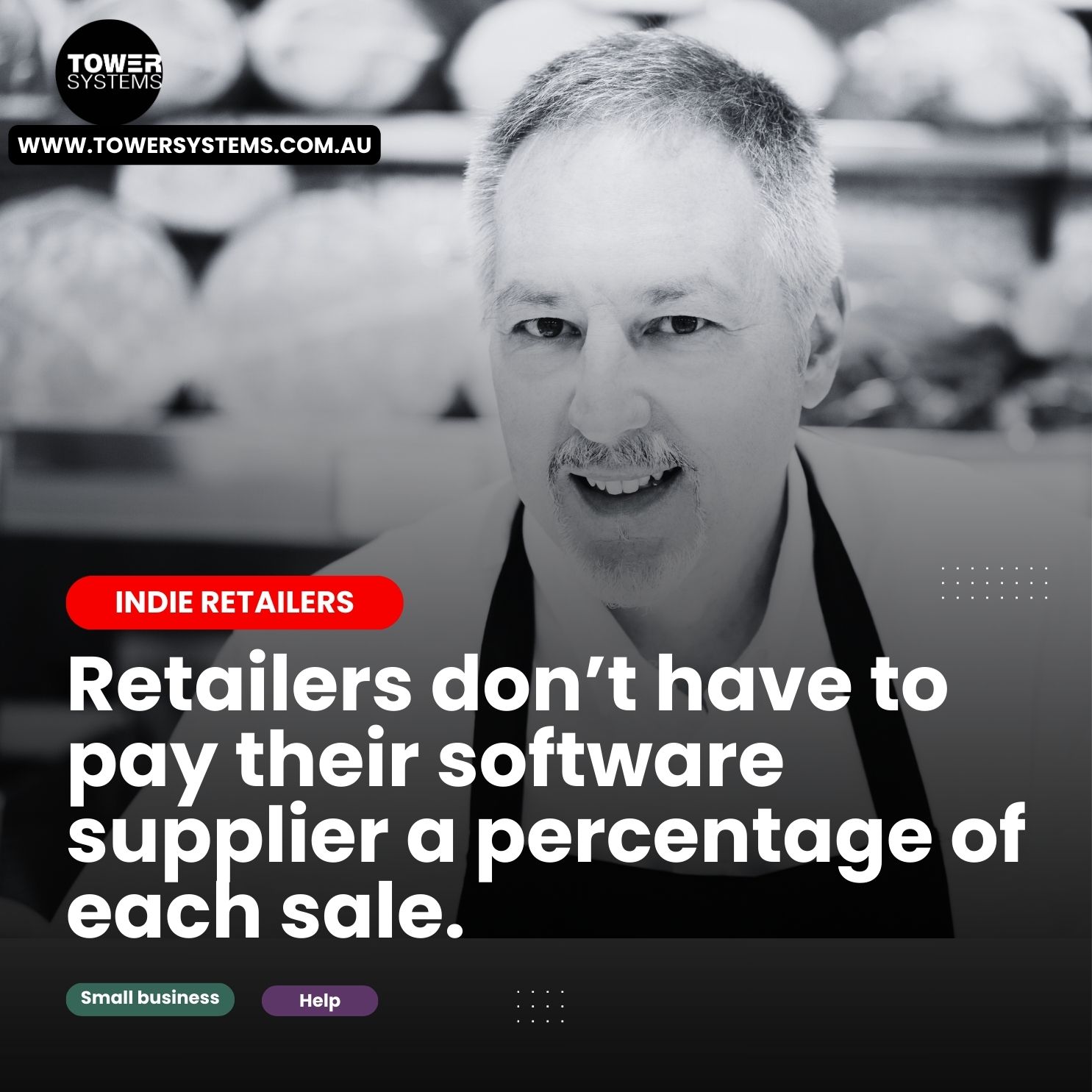Here at Tower Systems we are focussed on serving small, independently locally owned and run retail businesses, primarily in Australia and New Zealand.
Our purpose is to empower local, independent, and specialty retailers to truly thrive. We do this by providing them with powerful Aussie-made and supported POS software, along with the essential training and ongoing support they need to succeed.
A local independent retail business is one with, usually, no more than ten shops – most of our customers have one shop.
We believe in the power of local businesses. They are the heart of communities, fostering connection and contributing to local prosperity. When a local business is profitable, everyone benefits—from the owners and their staff to their customers and the wider community. And when they’re profitable, they’re happy too!
Our software is specifically designed for a diverse range of specialty retailers, including:
- Jewellers
- Garden Centres
- Bookshops
- Charity shops / op. shops
- Gift shops
- Homewares shops
- Bike Shops
- Toy Shops
- Newsagents
- Pet Shops
- Music Shops
- Sewing Shops
- Clothing Shops
- Pool Maintenance Shops
- Garden Landscape Businesses
- Produce Businesses
- Stockfeed Businesses
- Fishing and Outdoor Shops
We are passionate about working with local small businesses, whether they’re in rural areas, regional towns, or on the high street. We excel at providing personalized, one-on-one engagement within these niche retail channels.
We’re proud to say we make what we sell. We don’t just provide the tools; we also train our customers in their use and offer comprehensive support through our help desk and online knowledge base. We know our software, training, and support can make a real difference in helping these businesses flourish.
If you own or working a local small retail business, we might as well good and valuable fit for you. Check us out. If were discover we are not the right fit for you we will absolutely say so. We want you to thrive and will never get 9in the way of that.
We are dedicated to helping local retailers truly thrive. By providing our specialised Aussie-made software, comprehensive training, and ongoing support, we empower these vital small businesses to achieve profitability and happiness, knowing that their success strengthens the entire community.
Please, let us know if we can help you.



Recent Comments